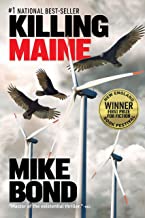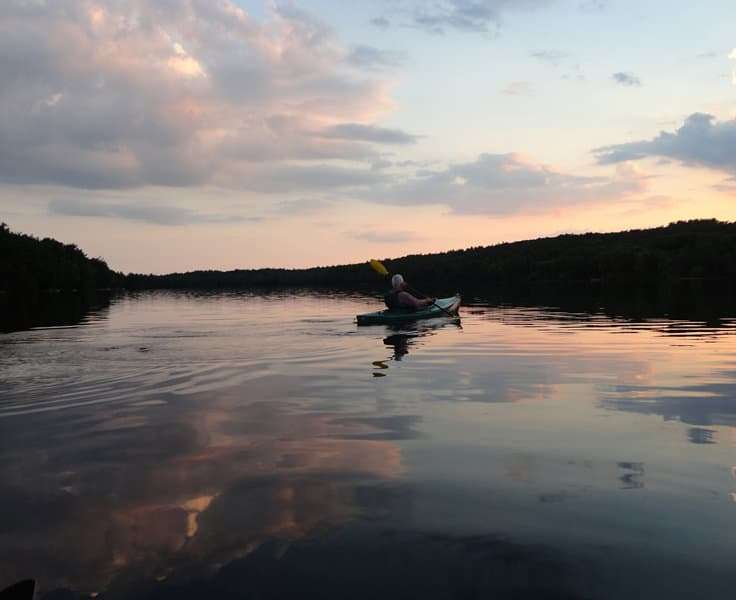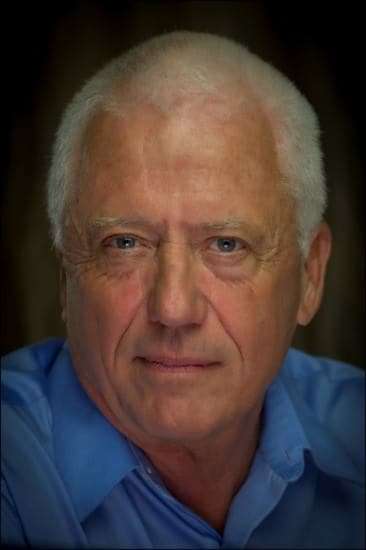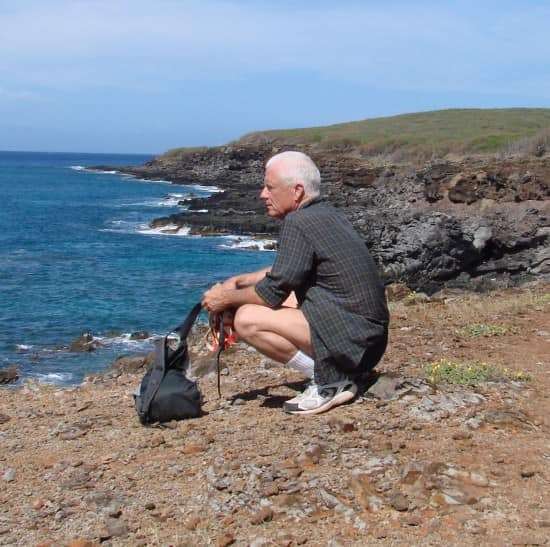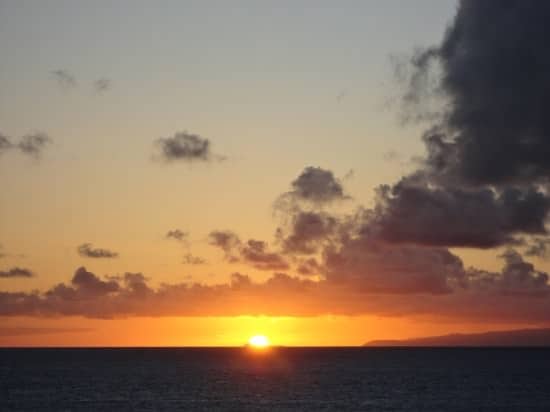Killing Maine
In most thrillers, when a Special Forces vet battles the forces of evil, he fights for his life, his allies and his country, all in a fictional environment.
But when Pono Hawkins, the main character of Mike Bond’s new thriller Killing Maine (Mandevilla Press, 2015), takes on the bad guys, he doesn’t just do it in a make-believe world — he’s fighting for you and for the natural beauty of our real-life America.
Bond said his first Pono Hawkins novel, Saving Paradise, was written in part to deal with what he called “the approaching tragedy” of an energy project that would have stripped the Hawaiian island, Molokai, of much of its environmental splendor. In Killing Maine, Hawkins leaves his tropical paradise and ventures into the harsh New England winter to come to the aid of a Special Forces buddy who’s been wrongly accused of murder. There, Pono finds that Maine is as politically corrupt as Hawaii. As huge energy corporations threaten to destroy the ecological majesty of the Pine Tree State, Hawkins is hunted, shot at, betrayed and stalked by assassins while trying to clear his buddy’s name.
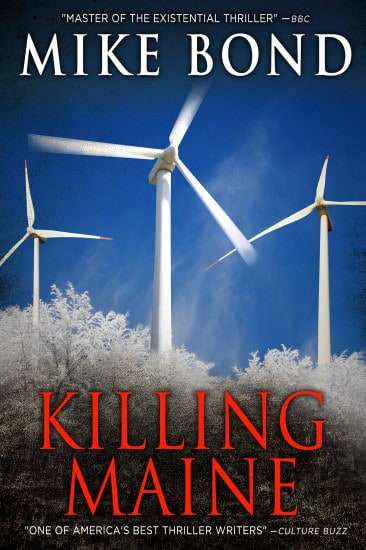 “My family has been in Maine since 1698,” Bond told BookTrib. “I grew up there; I have an incredibly deep dedication to the beauty of Maine and the people of Maine and the honesty of Maine.” Bond said he began to write the book “when it became apparent in the last couple of years that all the rest of New England didn’t want wind projects in their neighborhoods.”
“My family has been in Maine since 1698,” Bond told BookTrib. “I grew up there; I have an incredibly deep dedication to the beauty of Maine and the people of Maine and the honesty of Maine.” Bond said he began to write the book “when it became apparent in the last couple of years that all the rest of New England didn’t want wind projects in their neighborhoods.”
It’s the wind projects—the giant windmills constructed with the goal of creating supposedly green energy—that lie at the heart of Hawkins’ battles. “There was supposed to be a certain amount of renewable energy and they decided to create these horrendous and useless wind projects that are destroying all the magnificent mountains of Maine,” Bond explains. “I mean completely devastating them. Dynamiting, herbaciding, clear-cutting … and they monstrously slaughtered flocks of birds. It’s a huge tragedy, and it’s all done by corrupt politicians that are getting paid by the wind industry, which gets all its money from the subsidies that are given that are atrociously high.
—∞—
“It’s on the same level as mountaintop coal mining in Appalachia or strip mining in Alaska,” Bond said. “And it’s something of national significance, because Maine is by far the most beautiful state and the wildest state in the eastern half of the U.S. So what is being lost is monumental.”
—∞—
Bond explains that the wind projects “actually cause more coal burning than if they didn’t exist.
“Let’s say a wind project is supposed to deliver 100 megawatts,” said Bond. “Well, because the winds in Maine are so weak, they only deliver 20 percent of that. In order to keep a wind project going, because the wind is so erratic, you have to run a coal-fired power plant behind it to even out the amount of juice you have going into the grid. So all of these wind projects are backed up by coal-fired or gas-fired power plants.”
—∞—
Bond points to rooftop solar as the answer to our energy problems. “Every single home and small business and small structure in the United States should have rooftop solar,” he said. “And the reason why it isn’t happening is because the utilities hate it. It’s their death sentence. They lose all of their captive clients, all of us. So the utilities, even though they pretend to like small rooftop solar, are making it as difficult as possible to install. But [rooftop solar] is the answer.”
—∞—
For all the social significance of Pono’s battles, Bond shared that the character was created innocently enough. “People ask me how [Saving Paradise] started, and I say, ‘with gin.’ After dinner one night, I washed the dishes and sat down with a gin and tonic, and Pono Hawkins leaped into my head and said, ‘write about me!’
“But at the same time,” Bond continued, “the island in Hawaii where we lived, Molokai, was being threatened by this atrociously huge energy development. It would have devastated what National Geographic calls the sixth most beautiful island in the world.
“I just write what’s true,” Bond adds. “And so if you want to write what’s true, if you want to talk about someone in danger, wherever it is, he’s in the social fabric, and you’ve got to write about that social fabric. And we live in a world where the individual’s life has been made prey to huge global forces, and we have to include them in our story, because they’re the ones who are pulling the strings.
—∞—
“I wrote [Saving Paradise] to deal with the approaching tragedy and what was happening in Molokai,” Bond said. “I’ve been told repeatedly that it had a significant role in stopping that horrible project.” Bond hopes that when the final chapter of Maine’s real-life saga is written, Pono Hawkins can have the same effect there.
—∞—
Scenic photos taken in Maine and Hawaii by Peggy Bond.
Read our full coverage of the Pono Hawkins series here.
Buy this Book!
Amazon